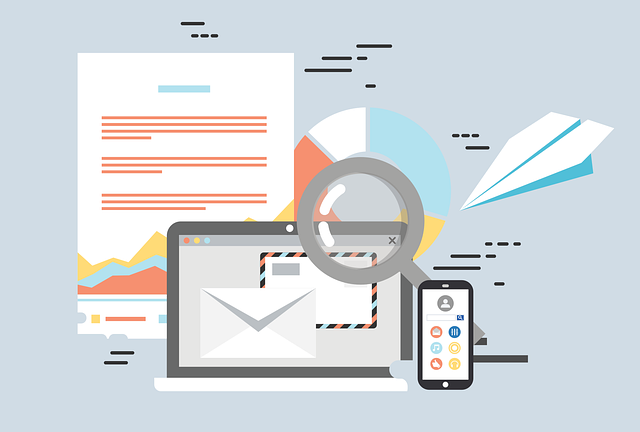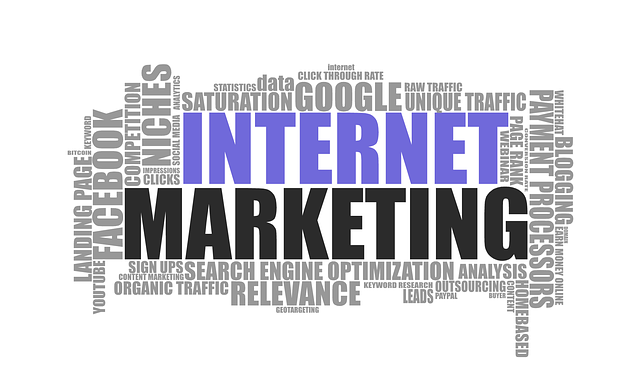AI-driven ghost kitchens are transforming the food delivery landscape by leveraging machine learning for optimized operations, sales growth, and strategic expansion. By analyzing customer behavior data, these kitchens predict market demands, personalize menus, and enhance marketing effectiveness. Real-time analytics empower operators to make data-informed decisions on inventory, pricing, and location targeting, ensuring success in a competitive market. Despite challenges like data privacy and setup costs, advancements in AI technologies make it increasingly accessible for ghost kitchen operators to stay ahead in urban expansion. Future trends include predictive analytics and personalized experiences, driving industry growth and adaptation to evolving consumer behaviors.
“In the dynamic realm of food delivery, Artificial Intelligence (AI) is reshaping ghost kitchens—efficient, unseen operations that prepare meals for takeout and delivery only. This article explores how AI drives dark kitchen expansion and strategic location targeting, revolutionizing sales analytics. We delve into the multifaceted benefits, from predictive insights to optimized staffing, while acknowledging challenges like data privacy and bias. Moreover, we chart future trends, highlighting the potential of AI to transform ghost kitchens into data-driven, ultra-efficient food hubs.”
- Understanding AI Ghost Kitchen and Real-Time Sales Analytics
- The Role of AI in Dark Kitchen Expansion and Location Targeting
- Benefits, Challenges, and Future Trends of AI-Powered Sales Insights for Ghost Kitchens
Understanding AI Ghost Kitchen and Real-Time Sales Analytics

AI ghost kitchens, part of a growing trend in the food industry, refer to physical culinary spaces dedicated entirely to preparing meals for delivery, with no on-site dining. This concept has gained significant traction due to the rise of food delivery platforms and changing consumer preferences during the pandemic era. With an AI twist, these ghost kitchens leverage advanced technologies like artificial intelligence (AI) and machine learning algorithms to optimize operations, enhance efficiency, and drive sales growth.
Real-time sales analytics play a pivotal role in this ecosystem, providing valuable insights into customer behavior, menu performance, and market trends. By integrating AI-powered analytics tools, dark kitchen operators can make data-driven decisions on menu optimization, pricing strategies, and location targeting for expansion. This capability allows them to identify high-demand areas, understand consumer preferences, and quickly adapt their offerings to stay ahead in the competitive food delivery landscape.
The Role of AI in Dark Kitchen Expansion and Location Targeting

The integration of Artificial Intelligence (AI) has been pivotal in the rapid expansion and strategic location targeting of Dark Kitchens, or ghost kitchens, worldwide. AI algorithms analyze vast datasets to identify patterns in consumer behavior, preferences, and trends, enabling efficient decision-making for kitchen operators. By understanding market demands, these technologies predict popular food choices, peak ordering times, and customer demographics in specific areas. This data-driven approach allows for the strategic selection of locations, ensuring high footfall and demand.
AI also facilitates real-time sales analytics, providing insights into inventory management, pricing strategies, and marketing effectiveness. It enables dynamic menu optimization by suggesting personalized recommendations based on individual consumer preferences and local trends. This level of customization not only enhances customer satisfaction but also increases sales volumes for Dark Kitchen operations, making AI a powerful tool in the competitive food delivery industry.
Benefits, Challenges, and Future Trends of AI-Powered Sales Insights for Ghost Kitchens

The integration of AI into ghost kitchen operations offers a wealth of advantages, revolutionizing how these clandestine culinary hubs manage sales and growth. With real-time analytics, operators can gain unprecedented insights into customer preferences, popular menu items, and peak demand times. This data-driven approach enables them to make informed decisions about inventory management, pricing strategies, and marketing campaigns, ultimately enhancing overall efficiency and profitability. AI algorithms can analyze vast amounts of data from various sources, including online orders, social media trends, and location-based insights, to predict sales patterns and identify emerging market opportunities, ensuring ghost kitchens stay ahead of the competition in their rapid expansion across urban areas.
However, challenges exist in harnessing the power of AI for ghost kitchen analytics. Data privacy and security are paramount concerns as these kitchens operate in a largely unregulated space. Ensuring customer data is protected and used ethically is crucial for building trust with consumers. Additionally, the initial setup and integration of AI systems can be complex and resource-intensive, requiring significant investment in technology and skilled personnel. As ghost kitchens, by their nature, prioritize cost-efficiency, balancing these requirements may pose a hurdle. Nevertheless, as the market matures, advancements in AI technologies and cloud-based solutions are making it increasingly feasible for dark kitchen operators to leverage data insights without overextending resources. Future trends suggest a more sophisticated integration of AI, including predictive analytics for supply chain optimization, personalized customer experiences, and location-targeting strategies, driving the industry forward and shaping the way ghost kitchens adapt to evolving consumer behaviors.
AI ghost kitchen analytics are transforming the culinary landscape, enabling operators to optimize sales strategies and expand into new locations with precision. By leveraging real-time data, businesses can make informed decisions about menu optimization, marketing campaigns, and site selection for dark kitchen expansion. While challenges exist, including data privacy concerns and initial implementation costs, the benefits of AI-powered insights are undeniable. As the trend towards ghost kitchens continues to gain momentum, embracing these technologies will be crucial for staying competitive in the ever-evolving food delivery market.
